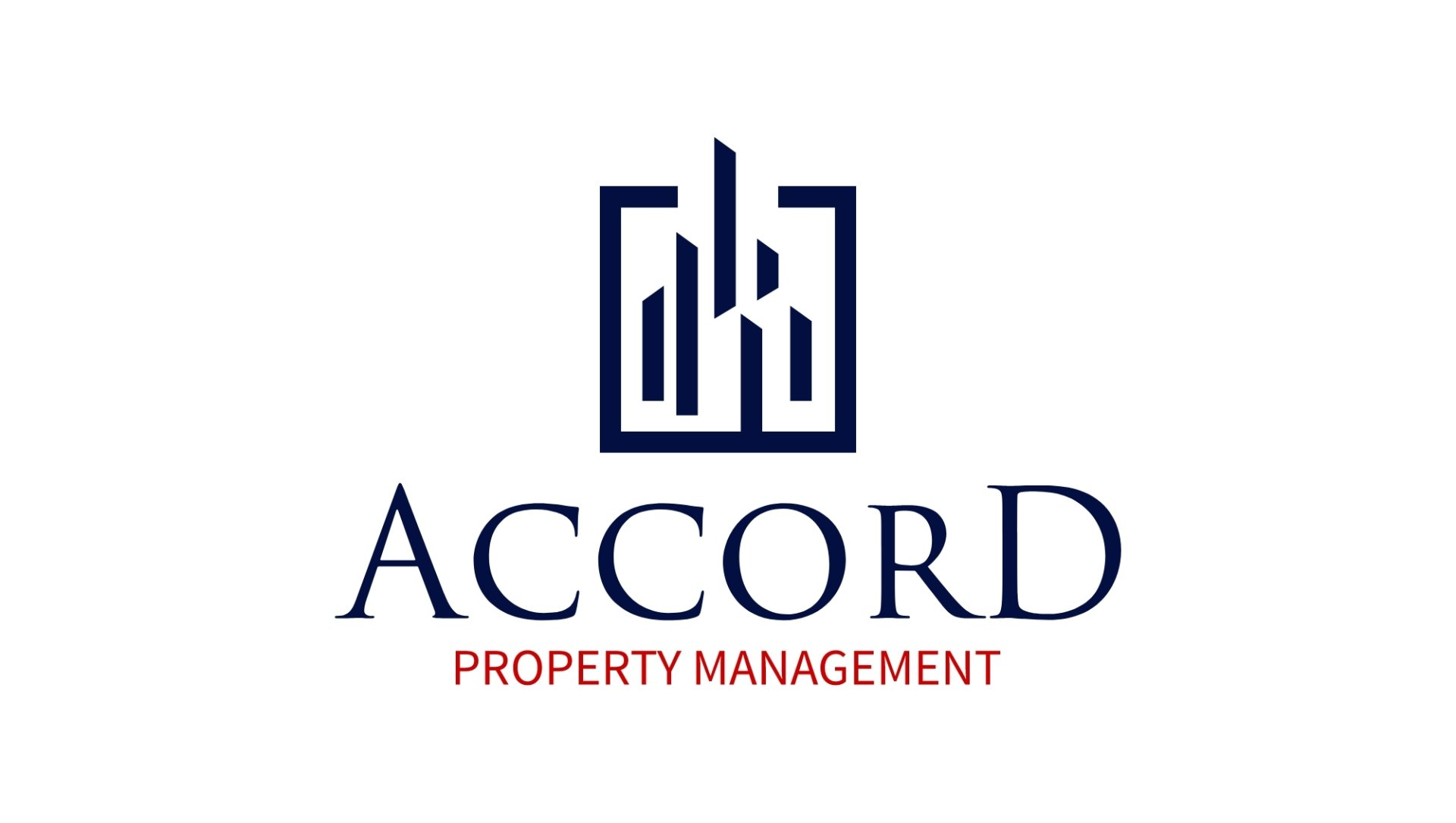Things You Should Know About HOA Insurance Policies
Homeowners Associations (HOAs) play a critical role in managing shared community spaces, and a key part of that responsibility is securing the right insurance coverage. An HOA insurance policy protects the association, its members, and common areas from unexpected financial burdens due to property damage, liability claims, or other risks. However, understanding the nuances of HOA insurance can be complex. This article outlines essential aspects every homeowner and board member should know to ensure their community is adequately protected.
What Does HOA Insurance Cover?
HOA insurance, often called a master policy, is designed to cover shared elements of the community that the association is responsible for maintaining. While specific coverage varies by policy, most HOA insurance includes the following:
- Property Coverage: Protects common areas like clubhouses, pools, playgrounds, and shared buildings (e.g., condo exteriors) against damage from events like fire, storms, vandalism, or other covered perils. It typically covers structures, not individual homeowner property inside units.
- General Liability: Covers claims against the HOA for bodily injury or property damage occurring in common areas. For example, if a visitor slips and falls by the community pool, this coverage may handle legal or medical costs.
- Directors and Officers (D&O) Liability: Protects board members from personal liability for decisions made in good faith on behalf of the HOA. This is crucial if a homeowner sues the board over governance disputes.
- Crime/Fidelity Coverage: Safeguards against financial losses due to theft or fraud by employees, board members, or third-party managers handling HOA funds.
- Umbrella Policies: Provides additional liability coverage beyond standard limits, offering extra protection for major claims.
Key Takeaway: Always review your policy to confirm what’s covered. Some policies may exclude specific perils (e.g., floods or earthquakes), requiring separate coverage.
What HOA Insurance Does Not Cover
Equally important is understanding what HOA insurance doesn’t cover, as this can lead to costly surprises:
- Individual Homeowner Property: Personal belongings, interior walls, or fixtures within a homeowner’s unit are typically not covered. Homeowners need their own insurance (e.g., HO-6 for condos) to protect personal property and upgrades.
- Certain Natural Disasters: Standard policies often exclude floods, earthquakes, or hurricanes. These require specialized endorsements or separate policies.
- Maintenance Issues: Damage due to wear and tear, poor maintenance, or neglect (e.g., a leaking roof not repaired promptly) is generally not covered.
- Intentional Acts: Damage caused intentionally by board members or residents is excluded.
Key Takeaway: Homeowners should purchase individual policies to complement the HOA’s master policy, and the board should assess if additional riders (e.g., flood insurance) are needed based on the community’s location.
Key Considerations for HOA Board Members
As an HOA board member, ensuring proper insurance coverage is a fiduciary responsibility. Here are critical factors to consider:
- Review Governing Documents: Your HOA’s bylaws or covenants often specify what the association must insure. For example, some require coverage for common areas only, while others include exterior walls or shared utilities.
- Work with a Specialized Agent: Partner with an insurance agent experienced in HOA policies. They can tailor coverage to your community’s unique needs, such as high-risk weather zones or amenities like pools.
- Regularly Update Valuations: Property values and replacement costs change over time. Conduct periodic appraisals to ensure coverage limits reflect current costs, avoiding underinsurance in a claim.
- Understand Deductibles: High deductibles can lower premiums but may burden the HOA or homeowners with out-of-pocket costs after a claim. Balance premium savings with affordable deductibles.
- Communicate with Homeowners: Clearly inform residents about what the HOA policy covers versus what their personal policies should include. Misunderstandings can lead to disputes after a loss.
Common Mistakes to Avoid
- Assuming Full Coverage: Don’t assume the master policy covers everything. Gaps in coverage (e.g., for floods or interior unit damage) are common and require proactive planning.
- Skipping D&O Insurance: Without D&O coverage, board members could face personal financial risk from lawsuits, even for honest mistakes.
- Not Reviewing Policies Annually: Failing to update coverage as community needs or risks change can leave the HOA vulnerable.
- Ignoring State Laws: Some states have specific insurance requirements for HOAs. Ensure compliance to avoid penalties or uncovered claims.
Tips for Homeowners
As a homeowner, you play a role in ensuring the community’s insurance strategy works effectively:
- Purchase Personal Insurance: Secure an HO-6 or similar policy to cover your unit’s interior, personal belongings, and liability. Confirm it aligns with the HOA’s master policy.
- Ask Questions: Request a summary of the HOA’s insurance coverage from the board. Understand your responsibilities for deductibles or uncovered losses.
- Report Issues Promptly: Notify the HOA of potential risks (e.g., a damaged common area) to prevent claims being denied due to neglect.
- Stay Informed: Attend board meetings or review communications to stay updated on insurance changes or assessments.
Conclusion
A well-structured HOA insurance policy is the backbone of a financially secure community. By understanding what’s covered, identifying gaps, and working with professionals, both board members and homeowners can protect their investment and avoid unexpected costs. Regularly review your policy, communicate clearly, and ensure compliance with local regulations to keep your community safe and thriving.
For personalized advice, consult an insurance agent familiar with HOAs in your area, and encourage open dialogue within your community to align expectations. A proactive approach to insurance ensures peace of mind for everyone involved.

